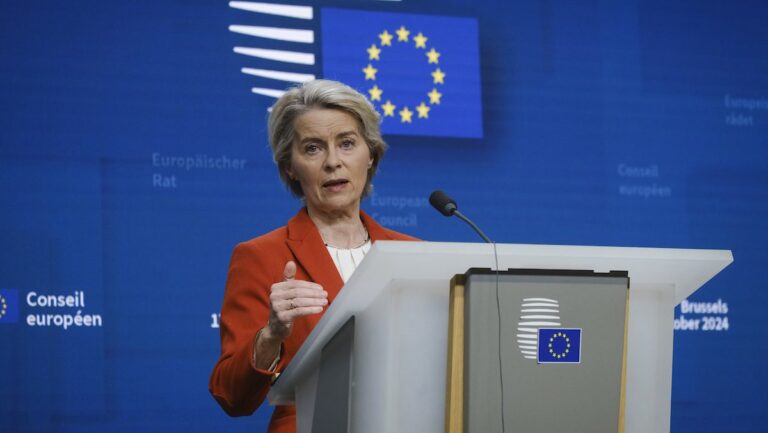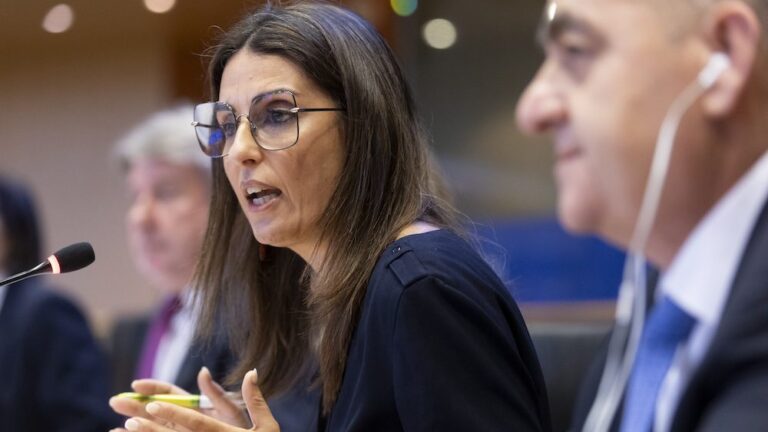In the heart of Kyiv stands one of the most famous and prestigious shrines in the history of Orthodoxy, the Kyiv Pechersk Lavra. Today, the monks who occupy it, caught in the tensions between Ukraine and Russia, are threatened with expulsion by the Ukrainian government.
This emblematic monastery was founded in 1051 by monks coming straight from the renowned monastery of Mount Athos, one of the oldest in Christendom. It later became one of the main spiritual centres of Kyiv Rus. It played a major role in the history of ancient Russia, for within its walls, the monk Nestor composed, from the beginning of the 12th century, the famous Tale of Bygone Years, also called The Russian Chronicle. This text recounts the mythical foundation of the state of the Rus of Kyiv by the Varegians from Scandinavia, who gave rise to the Riurikid dynasty, which ruled over the Russian principalities—principally Novgorod, Kyiv, and then Moscow—until the end of the 16th century. Although some historians today dispute the version recorded by Nestor, it has for centuries provided the basis for all ancient historiography of early Russia before the rise of the Romanovs. The large-scale site, located on the banks of the Dnieper, has been a UNESCO World Heritage Site since 1990.
Before the beginning of the Russian-Ukrainian conflict, the Monastery of the Lavra of the Caves of Kyiv was under the supervision of the Ukrainian Orthodox Church, which is affiliated with the Moscow Patriarchate, thus part of the Russian Orthodox Church. However, in May 2022, this Church chose to distance itself from Moscow and its patriarch, Kirill. Nevertheless, in December 2022, the Ukrainian authorities searched the monastery anyway and imposed sanctions on these clerics they deemed to be pro-Russian. A report by the Office of the United Nations High Commissioner for Human Rights dated 24 March 2023, complained about the discrimination they had been subjected to by the Ukrainian security services.
The Ukrainian government considers the monastery to still be a pro-Russian hotbed. It therefore intends to expel the monks, which is not difficult, since the premises have been owned by the state since Soviet times and are under lease. On March 10th, Ukrainian Minister of Culture Oleksandr Tkatchenko announced the termination of the lease of Lower Lavra, which the monastic community had rented free of charge. The lease of the Upper Lavra, occupied by the two churches of the Dormition and the Refectory, has not been renewed for 2023, and the monks have not had access to it since December. The reason given was a “violation of the rules on the use of state property.” President Volodymyr Zelensky, for his part, invoked the need to defend “spiritual independence” from Moscow.
For the religious of this thousand-year-old site, bewilderment dominates. “Our church was the first of all religious organisations in Ukraine to condemn Putin’s war against Ukraine. It blessed the Ukrainian army to defend the homeland,” said Metropolitan Kliment, a spokesman for the church, speaking to AFP.
According to Metropolitan Pavlo, the head of the monastery, the religious are now under threat of forced eviction and also of power, water, and internet cuts. The lease is due to expire on March 29th. The monks have announced their intention to remain in the building, whatever the cost. They believe that there is no legal basis for their eviction. Today more than 200 monks and 300 students live on the site, which covers more than 20 hectares. The monks have called on the faithful to defend the holy place.
The spokesman said he had received information that police had been ordered to stop all buses carrying believers to the Kyiv Lavra and to check all passengers so that they could not enter, as the fateful date of March 29th draws closer.





